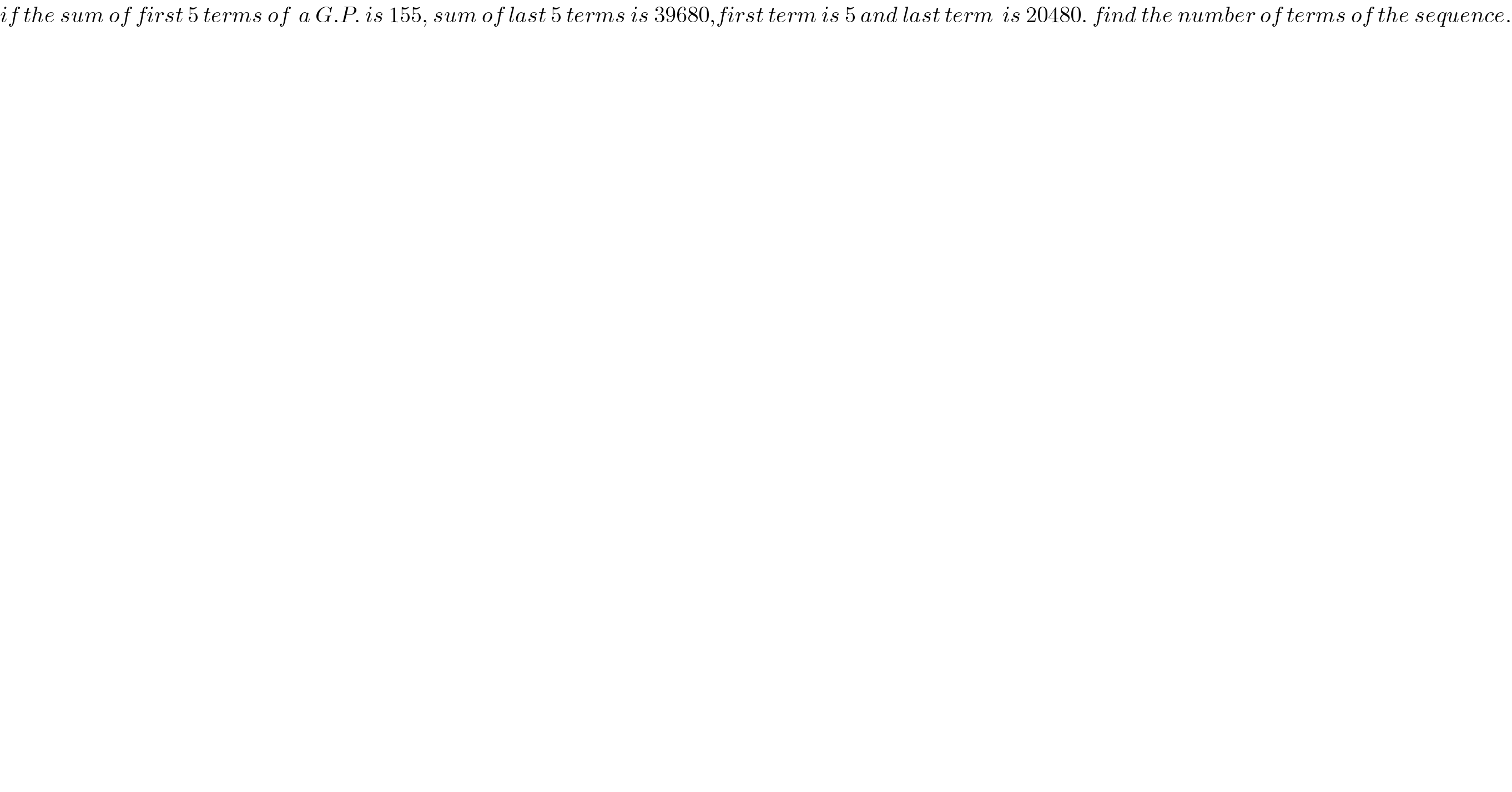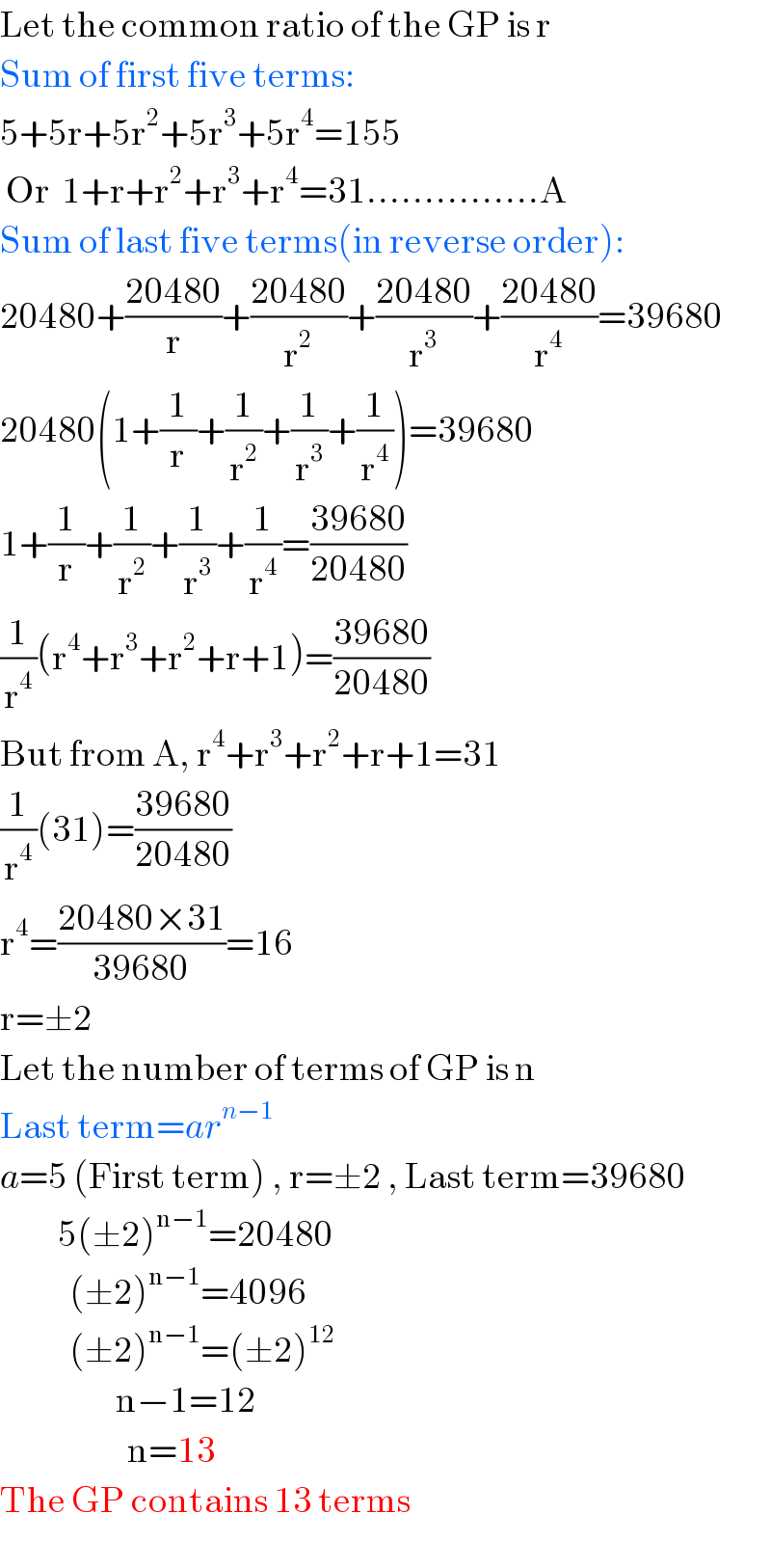
Question and Answers Forum
Question Number 29645 by gyugfeet last updated on 11/Feb/18

Answered by Rasheed.Sindhi last updated on 11/Feb/18

| ||
Question and Answers Forum | ||
Question Number 29645 by gyugfeet last updated on 11/Feb/18 | ||
 | ||
Answered by Rasheed.Sindhi last updated on 11/Feb/18 | ||
 | ||
| ||